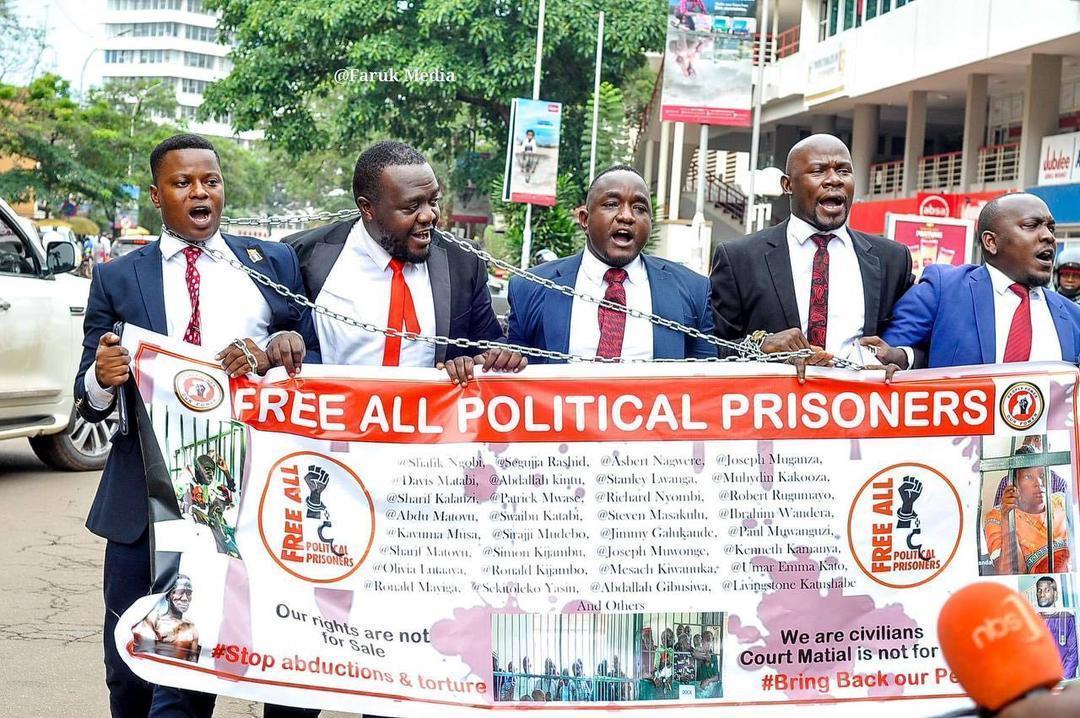Africa-Press – Uganda. As Uganda’s political terrain continues to shift, a growing tension is emerging between party loyalty and community service.
Two Division Speakers Godfrey Luyombya of Nakawa Division and Hamza Kasozi of Nansana Municipality both of whom have been urged to abandon their mayoral ambitions in favor of other candidates endorsed by their political party, the National Unity Platform (NUP).
Luyombya, who currently serves as Speaker of Nakawa Division, has cultivated a reputation as a hands-on and responsive leader.
Over his tenure, he has overseen the construction of seven water wells, distributed over 200 wheelchairs to people with disabilities, and championed education initiatives across the division.
Despite these achievements, party directives have advised him to step down from the Nakawa Division mayoral race and instead seek a seat as a KCCA councillor.
The party is reportedly fronting Ali Buken, popularly known as Nubian Li—a close friend of the NUP party president—for the mayoral slot.
Similarly, in Nansana, Speaker Hamza Kasozi has spearheaded community-focused programs tackling clean water access, poor waste management, and insecurity.
His efforts have earned him widespread support among residents. However, his bid for the Nansana Municipality mayoral seat has been paused, as the party leans toward John Bosco Sserunkumawho recently stepped down from the parliamentary race in the same constituency as their preferred candidate.
These developments have sparked concern and debate within the affected communities.
“These decisions raise important questions about the priorities of political parties and the needs of the community,” said one resident.
“Is the party choosing face over leadership? What kind of leader does the party want, and what kind of leader does the community need? Is mobilising for the party more important than serving the people?”
While political party strategies often involve calculated decisions aimed at strengthening party presence and voter mobilisation, the sidelining of grassroots leaders with proven community impact is drawing criticism.
“As Ugandans navigate the complex world of politics, it is essential to consider the impact of these decisions on the community,” said another citizen. “Do the choices made by political parties align with the needs and aspirations of the people—or are they driven by personal interests and party dynamics?”
The growing disconnect between political decisions and community sentiment is a reminder of the delicate balance leaders must strike between party expectations and public service. As the 2026 elections approach, citizens are increasingly calling for transparency, merit-based leadership, and representation that puts their needs first.
For More News And Analysis About Uganda Follow Africa-Press






